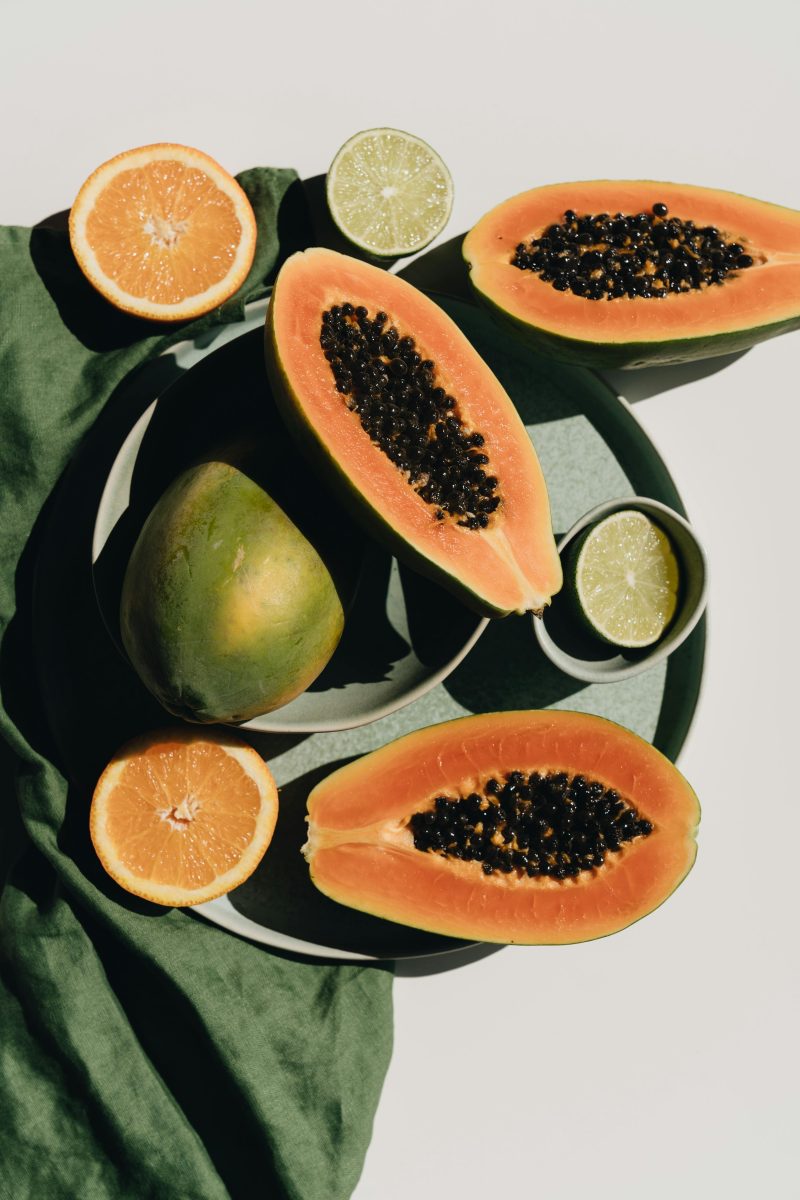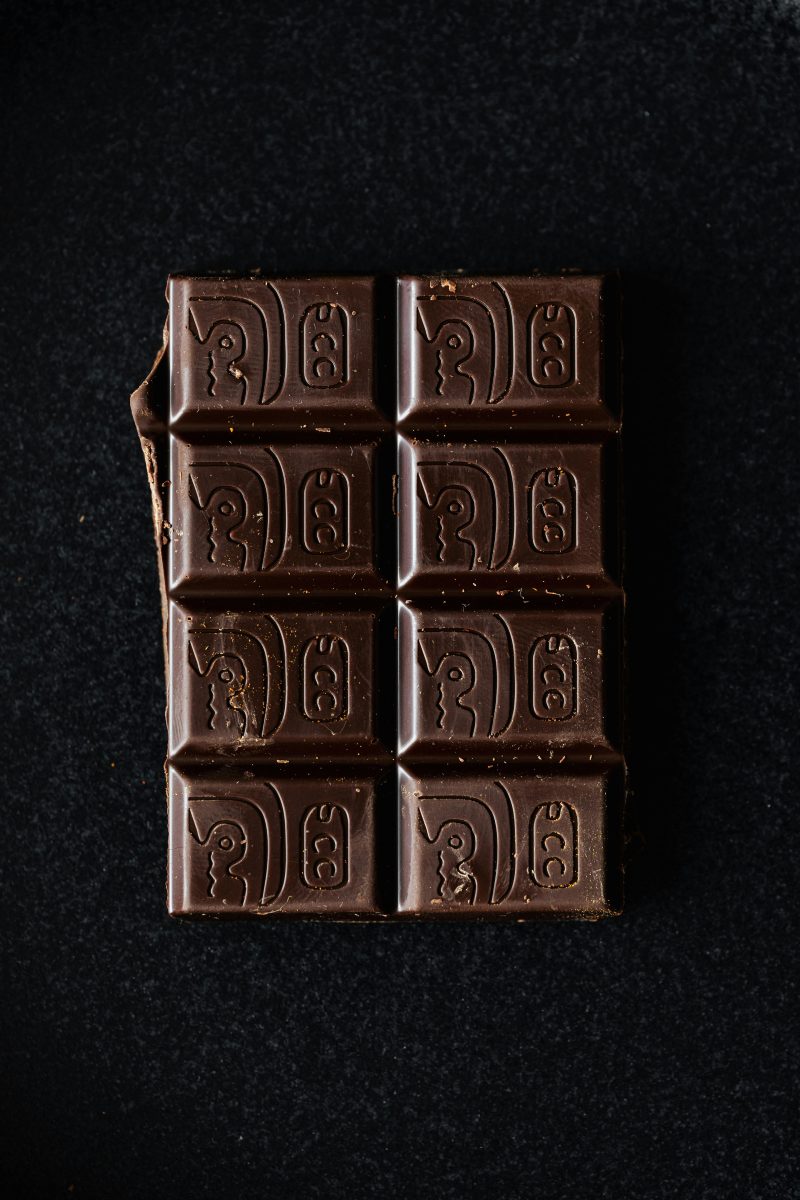Last Updated on: 14th July 2024, 10:56 am
Introduction to Vegetarian and Vegan Diets for Athletes

Vegetarian and vegan diets are gaining traction among athletes, driven by health, ethical, and environmental motivations. These plant-based diets, when well-planned, can fuel athletic performance as effectively as diets that include meat. However, misconceptions abound. Many believe that plant-based diets lack sufficient protein, iron, and other essential nutrients necessary for peak athletic performance. This article aims to dispel these myths, providing a comprehensive overview of vegetarian and vegan diets for athletes. It’s designed to enlighten and encourage athletes to consider the benefits of a plant-based lifestyle without compromising their performance.
The purpose of this article is not just to inform but to transform perceptions. By presenting evidence-based benefits and practical guidance, we aim to empower athletes to make informed dietary choices that align with their performance goals and personal values. Whether you’re a seasoned athlete or just starting, understanding the fundamentals of vegetarian and vegan nutrition is the first step towards optimizing your athletic potential.
Nutritional Needs of Athletes

Macronutrient Requirements
- Carbohydrates: Essential for maintaining energy levels, sourced from whole grains, fruits, and vegetables.
- Proteins: Crucial for muscle repair and growth, with plant-based sources like legumes, tofu, and quinoa.
- Fats: Important for energy storage and hormone production, found in nuts, seeds, and avocados.
Micronutrient Considerations
Vitamins and minerals are pivotal for energy production, bone health, and oxygen transport. Iron, calcium, and vitamin B12 are of particular concern for vegetarian and vegan athletes. Incorporating a variety of fruits, vegetables, fortified foods, and, if necessary, supplements can help prevent deficiencies.
The Importance of Hydration
Hydration cannot be overstated in its importance for athletes. Water regulates body temperature, lubricates joints, and facilitates the transport of nutrients. Adequate fluid intake before, during, and after exercise is essential for optimal performance and recovery. The inclusion of electrolyte-rich beverages can be beneficial, especially during prolonged physical activity.
Protein: Building and Repairing Muscle

Challenges and Solutions for Getting Enough Protein
For vegetarian and vegan athletes, meeting protein needs requires strategic planning. The challenge often lies not in the quantity but in ensuring the quality of protein consumed. Plant-based diets can provide ample protein when a variety of sources are included daily. Solutions include incorporating high-protein plant foods and utilizing protein supplements derived from peas, rice, or hemp. This approach ensures that athletes receive all essential amino acids necessary for muscle repair and growth.
Best Plant-Based Protein Sources
- Legumes: Lentils and chickpeas are protein powerhouses.
- Tofu and Tempeh: Made from soybeans, versatile in dishes.
- Quinoa and Amaranth: Ancient grains providing complete protein profiles.
- Nuts and Seeds: Almonds and chia seeds offer protein, healthy fats, and vitamins.
Combining Plant Proteins to Ensure Complete Amino Acid Profiles
While many plant proteins are incomplete, combining different sources can create a complete amino acid profile. Eating a variety of protein sources throughout the day is key. For example, rice and beans, a classic combination, together offer all essential amino acids. Similarly, pairing whole grain bread with peanut butter provides a complete protein meal. This strategy, known as protein complementation, is crucial for vegetarian and vegan athletes to support muscle repair and growth effectively.
Energy Requirements and Carbohydrate Intake

The Role of Carbohydrates in an Athlete’s Diet
Carbohydrates serve as the powerhouse of an athlete’s diet, fueling muscles for both endurance and high-intensity performance. They are not just energy sources but also crucial for recovery, replenishing glycogen stores post-exercise. A diet rich in carbohydrates ensures athletes can sustain their training intensity and duration, making it a non-negotiable part of their nutritional plan.
High-Quality Plant-Based Carbohydrate Sources
- Whole Grains: Oats and quinoa offer sustained energy release.
- Sweet Potatoes and Bananas: Rich in carbohydrates and packed with essential vitamins and minerals.
- Legumes: Lentils and chickpeas provide dual benefits of protein and carbohydrates.
Timing Carbohydrate Intake for Optimal Performance
Strategic timing of carbohydrate intake can significantly enhance athletic performance. Consuming carbohydrates before exercise provides a readily available energy source, boosting endurance and strength. During prolonged activities, periodic carbohydrate replenishment is key to maintaining performance levels. Post-exercise, a carbohydrate-rich meal aids in rapid recovery, restoring glycogen levels efficiently. This strategic approach ensures athletes are always at their peak, ready to tackle their next challenge.
Fats: Essential for Health and Performance

The Importance of Fats in the Diet
Fats are often misunderstood, yet they are crucial for optimal health and athletic performance. They serve as a dense form of energy, essential for long-duration activities. Beyond energy, fats are vital for absorbing fat-soluble vitamins and for hormone production, including those that regulate inflammation and metabolism. For vegetarian and vegan athletes, understanding and incorporating healthy fats into their diet is key to achieving their performance goals.
Healthiest Plant-Based Fat Sources
Plant-based diets offer a plethora of healthy fat sources. Avocados, rich in monounsaturated fats, support heart health and provide a creamy texture to meals. Nuts and seeds, including walnuts, chia seeds, and flaxseeds, are not only packed with omega-3 fatty acids but also provide protein and fiber. Olive oil, a staple in the Mediterranean diet, is another excellent source of monounsaturated fats, ideal for dressing salads or drizzling over cooked dishes.
Balancing Omega-3 and Omega-6 Fatty Acid Intake
Balancing the intake of omega-3 and omega-6 fatty acids is crucial for reducing inflammation and promoting overall health. Western diets often skew heavily towards omega-6 fats, found in many vegetable oils, which can promote inflammation when consumed in excess. Vegetarian and vegan athletes should focus on increasing their omega-3 intake through flaxseeds, chia seeds, walnuts, and algae-based supplements. This balance is essential for maintaining optimal health, reducing injury recovery time, and ensuring peak performance.
Integrating a variety of these fat sources into a vegetarian or vegan diet not only supports athletic performance but also contributes to a well-rounded, nutrient-dense eating plan. By focusing on whole, plant-based foods rich in healthy fats, athletes can fuel their bodies effectively, supporting both their health and their athletic endeavors.
Micronutrients of Special Interest

Iron, Calcium, and Vitamin D in Plant-Based Diets
Iron, calcium, and vitamin D are critical for athletes, especially on plant-based diets. Iron is a component of hemoglobin, which transports oxygen to muscles, vital for endurance. Calcium and vitamin D work in tandem to bolster bone strength, a concern for high-impact sports. Plant-based sources of iron include:
- Lentils
- Chickpeas
- Spinach
While fortified plant milks and juices can be excellent sources of calcium and vitamin D.
Strategies for Ensuring Adequate Intake of Key Micronutrients
To ensure adequate intake, variety is key. Diversify your diet with:
- Colorful fruits and vegetables
- Nuts
- Seeds
- Whole grains
Embrace fortified foods like cereals and plant milks. Cooking with cast-iron pots can increase iron content in food, while soaking up the sun supports vitamin D synthesis. Remember, vitamin C enhances iron absorption, so pair iron-rich foods with vitamin C-rich foods like bell peppers or oranges.
The Role of Supplementation
When diet alone falls short, supplementation can play a crucial role. A blood test can reveal deficiencies, guiding targeted supplementation. For instance, a vegan athlete may need a vitamin B12 supplement, essential for nerve function and often lacking in plant-based diets. Algae-based omega-3 supplements can support heart health and reduce inflammation. Consult a healthcare provider to tailor supplements to your specific needs, ensuring they complement your diet and bolster your athletic performance.
Practical Tips for Vegetarian and Vegan Athletes

Meal Planning and Preparation Strategies
Success in the kitchen starts with a plan. Begin each week by:
- Mapping out your meals
- Focusing on a variety of protein sources, whole grains, and fresh produce
Batch cooking can save time, allowing you to prepare multiple servings of staples like quinoa, beans, and roasted vegetables in advance. Keep healthy snacks, such as nuts and fruit, on hand for quick fuel. Embrace creativity in your meals to keep your diet both nutritious and exciting.
Eating Before, During, and After Exercise
Timing and composition of meals are key. A light, carbohydrate-rich snack before exercise provides immediate energy. During prolonged activities, easily digestible snacks like bananas or energy bars keep you going. Post-exercise, focus on a mix of carbohydrates and protein to repair muscles and replenish energy stores. This could be a smoothie with plant-based protein powder, fruits, and a handful of spinach.
Navigating Challenges such as Dining Out and Travel
Dining out and travel require foresight. Research restaurants in advance to find those with plant-based options. Don’t hesitate to ask for modifications to dishes. When traveling, pack non-perishable snacks, such as trail mix or energy bars, to ensure you always have access to nutritious food. Embrace local fruits and vegetables for a fresh, regional twist to your diet.
With these strategies, vegetarian and vegan athletes can navigate their dietary needs with confidence, ensuring they’re fueled for peak performance no matter the circumstances.
In Closing
Plant-based diets fuel athletic excellence. They offer a sustainable path to peak performance, blending ethical choices with nutritional adequacy. By embracing a variety of plant-based foods, athletes can meet their macro and micronutrient needs, overcoming the challenges of protein and vitamin intake with strategic planning. This article has illuminated the path for vegetarian and vegan athletes, showcasing that with careful consideration, their dietary choices can support rigorous training and recovery. Let this be a call to action for athletes at all levels to explore the power of plant-based nutrition in their quest for optimal performance and health.
Nutrition for Vegetarian and Vegan Athletes FAQs
Creatine, which is important for short bursts of high-intensity exercise, is not found in significant amounts in plant-based foods. Vegetarian and vegan athletes may consider creatine supplementation to enhance performance, as the body’s natural production may not meet the demands of high-intensity training. This supplementation can help in improving strength, power, and muscle mass.
Eating a variety of zinc-rich foods such as legumes, nuts, seeds, and whole grains can help meet the zinc needs of vegetarian and vegan athletes. Zinc is important for immune function and the repair of body tissues. Since the absorption of zinc from plant sources can be lower than from animal sources, consuming foods high in zinc or considering supplementation may be beneficial.
Including iron-rich plant foods like lentils, beans, tofu, and spinach, and pairing them with vitamin C-rich foods to enhance absorption is crucial. Plant-based iron is not as easily absorbed as the iron from animal products, so consuming vitamin C-rich foods like oranges, strawberries, or bell peppers at the same meal can help increase iron absorption. Regular monitoring of iron levels through blood tests can also help in adjusting the diet as needed.
Flaxseeds, chia seeds, hemp seeds, and walnuts, as well as algae-based supplements, are great sources of omega-3 fatty acids for vegetarians and vegans. These fats are important for reducing inflammation and supporting heart and brain health. Regular inclusion of these foods or supplements can help meet the recommended omega-3 fatty acid intake.
Vitamin B12 is crucial for energy production and maintaining healthy nerve cells, and it must be obtained through diet or supplements for vegetarians and vegans. Since B12 is primarily found in animal products, fortified foods or B12 supplements are necessary to meet the daily requirements. Regular blood tests can help monitor B12 levels and adjust intake as needed.
Whole grains, fruits, vegetables, and legumes are excellent carbohydrate sources that provide energy as well as essential nutrients and fiber. These foods support sustained energy levels, which are crucial for endurance and performance. Choosing a variety of these foods ensures a broad spectrum of nutrients and helps in maintaining optimal health and performance.
Fortified plant milks and juices, leafy green vegetables, and tofu are excellent calcium sources for vegetarians and vegans. These foods can help meet the calcium needs that are crucial for bone health and muscle function. It’s also beneficial to include foods fortified with vitamin D or consider supplementation to ensure optimal calcium absorption.
Hydration is just as crucial for vegetarian and vegan athletes as it is for those who consume animal products, focusing on water intake before, during, and after exercise. Electrolyte balance can be maintained by including natural electrolyte sources such as coconut water, bananas, and leafy greens in the diet. Monitoring urine color and volume can help athletes ensure they are staying adequately hydrated.
Plant-based proteins such as lentils, chickpeas, tofu, and quinoa are essential for vegetarian and vegan athletes. These sources provide essential amino acids necessary for muscle repair and growth. Incorporating a variety of plant-based proteins ensures a comprehensive amino acid profile.
Incorporating calorie-dense foods such as nuts, seeds, avocados, and whole grains can help vegetarian and vegan athletes meet their energy needs. Smoothies and snacks that combine protein, fats, and carbohydrates can also provide a calorie boost in a nutritious manner. Planning meals and snacks to include a variety of these foods throughout the day can ensure adequate calorie intake.
Orlando is a all round athlete from Australia, now resident in Germany. His sports of passion of American Football(Offensive line), weight training and indoor rock climbing where he uses his 195cm wing span to his advantage.



